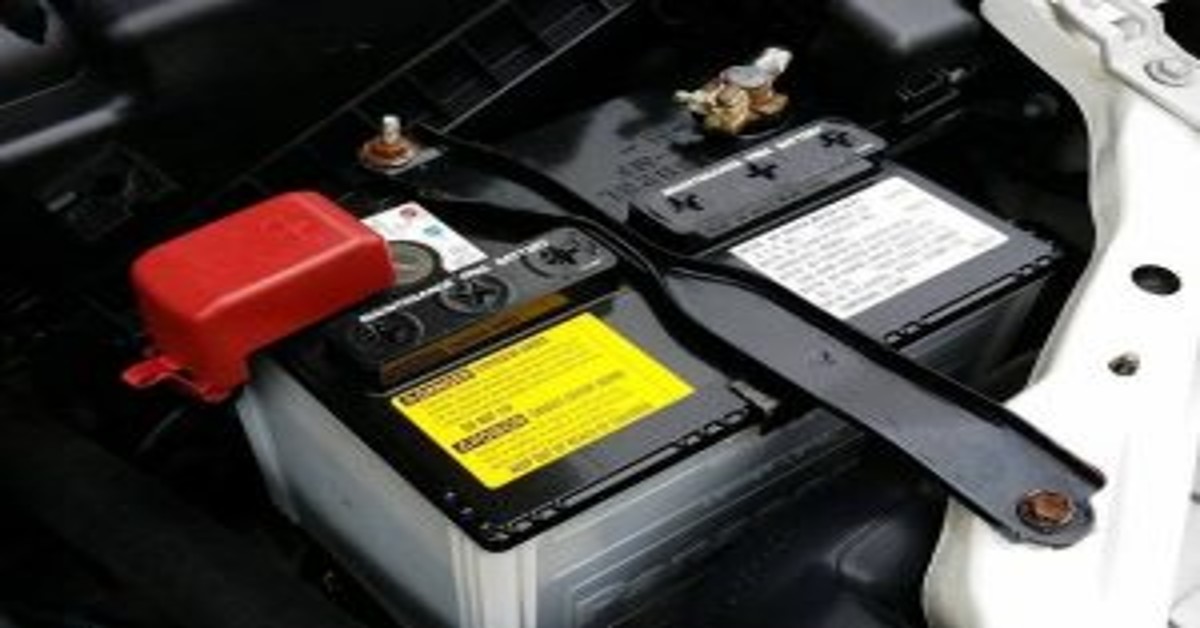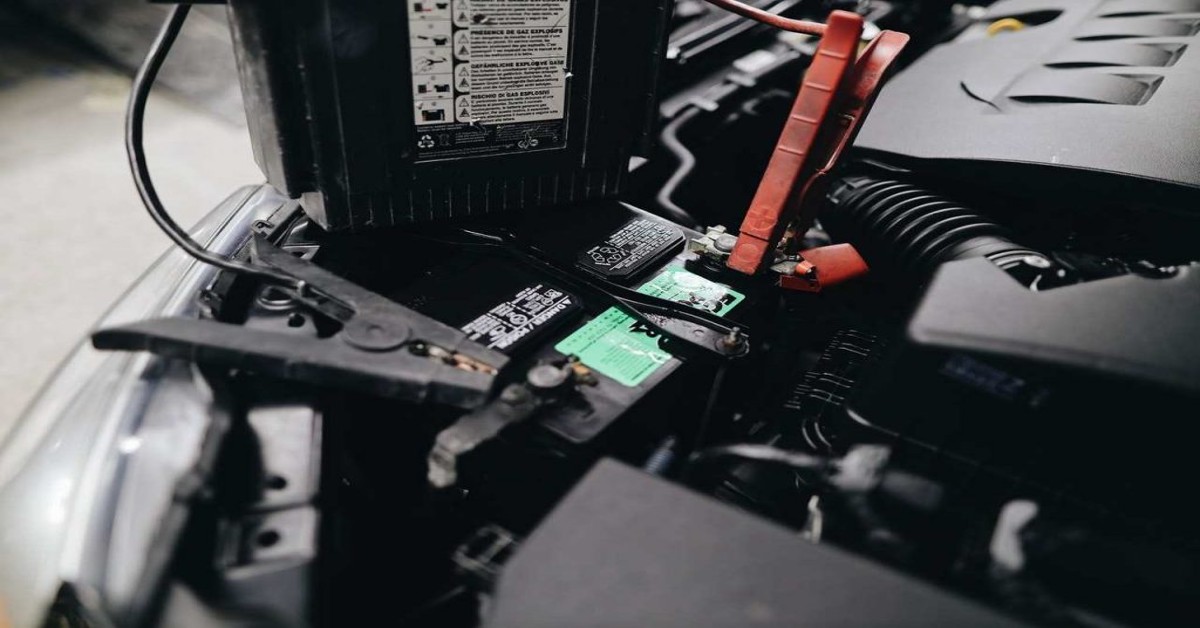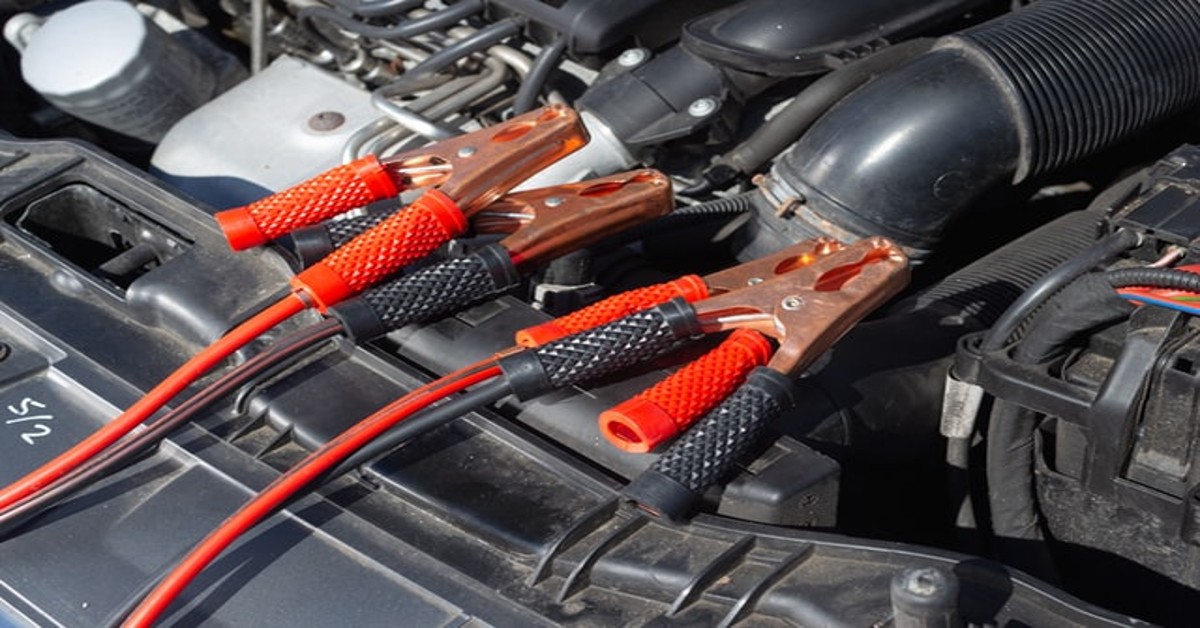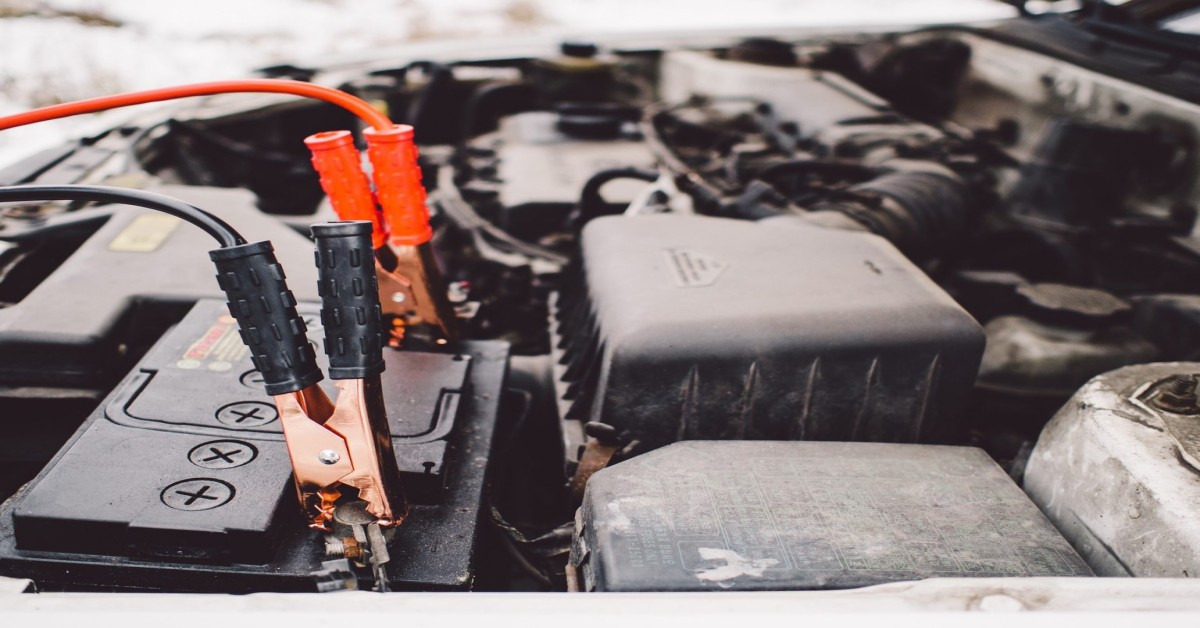An automotive battery primarily comes into play in the ignition process where it helps deliver the initial zap of current to set the car in motion. From here, the vehicle may or may not rely on the battery for more power but use it as an alternate source when it’s not in motion.
In any case, the power used by the vehicle is recycled back into the battery through the alternator to keep it recharged and ready to use.
The alternator supplies the battery with electricity, reversing its chemical reaction and recharging the unit.
This process is quite efficient and shouldn’t require you to manually charge the car battery very often. But if you find your battery keeps dying in short intervals there can be a few different reasons you would want to look at.
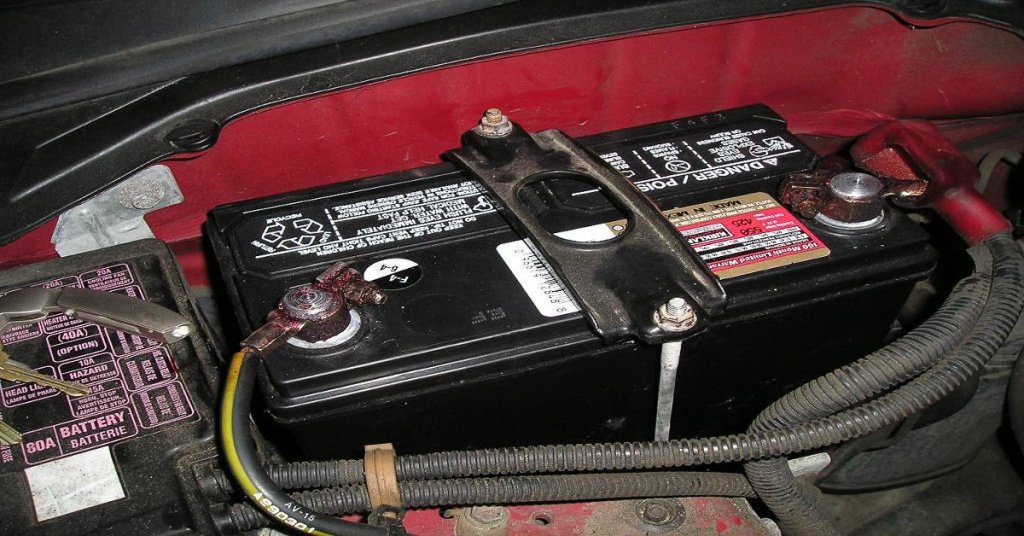
So, what actually causes car batteries to drain faster? Here is the list of things that can cause your battery to keep dying
Table of Contents
Parasitic Drain
A parasitic drain or parasitic draw is simply the drain of a car battery even after the engine has been turned off. It is usually due to an electrical problem or wiring issue wherein certain electrical components within the car fail to shut down, causing this unceasing consumption of the car battery.
Checking for this type of battery drain is imperative as it can slowly but surely drain your car battery. Further, this could also indicate a poor installation of the battery or a blown fuse in the electrical system.
Defective Alternator
Turning the engine, once the battery disengages, the alternator is tasked to recharge the battery using mechanical power. Along with recharging the battery, the alternator is also responsible for keeping every electrical component like the lights, infotainment system, AC, etc functioning in the car.
If the alternator has a faulty diode, it will not be able to recharge the battery completely and its sub-optimal performance will manifest through the malfunction of other electrical components in the car. If the electrical parts work fine when idling but start to falter once you start to drive, it could indicate an alternator that has gone bad.
Local Charger
If you want to drain your car battery fast, there’s nothing better than using a local charger. Using local trickle chargers to extract the most out of your battery might do just the opposite of what you intend.
Most chargers come with an inbuilt feature that detects when your battery is about to top off and stop blasting excess current whereas certain trickle chargers are also shipped with this feature.
Local or faulty chargers perform the basic function of supplying electricity to a battery without taking into account the specifications, charge levels, etc. These chargers may not only deliver a suboptimal charge but also result in a dead car battery.
Leaving the lights on
To err is human…This is by far one of the most common and quite possibly the main reasons behind an overnight battery drain. Forgetting to turn the lights off after a late-night outing is something we all can relate to.
It is advised to leave the exterior and interior lights on for not more than 5-6 hours. Any power consumption beyond that can leave the car battery undercharged while a fully illuminated car for 10-12 is enough to suck all the juice out of the battery.
Most new cars today come with an alert feature for lights and some even with auto-deactivation functionality. However, you should never miss checking if the lights are left on as finding a dead battery when you’re late for work is no fun.
Faulty Charging system
Cranking the engine takes a huge chunk of power from the battery upon which the charging system uses mechanical power from the moving vehicle to recharge the battery. Worn-out belts and tensioners are the main reason for the decrease in the charging rate.
Old Battery
Just like anything old, the car battery loses its vigor to perform optimally and struggles to hold a charge. An old battery will lose its charge much quicker than a new one.
If your car consistently delivers sub-optimal performance and is unable to zap with enough power to put the car in motion then the expedited drain might not be due to some external factor but may well be to the simple fact that the battery has reached the end of its numbered days and requires replacement.
Typically you should replace the battery every 4-5 years, though its actual run depends on a number of external factors.
Loose Or Corroded Battery Cables
The battery cables are the medium through which electricity is transmitted from the battery to the vehicle. If these positive and negative terminals are shaken loose or build up corrosion, the seamless transmission of electricity will be hindered resulting in reduced power from the battery.
Loose cables are generally caused by vibrations, bumps, and rattling of the battery usually from an uneven and bumpy roadway while corrosion of the terminals can be caused by either overcharging or a release of hydrogen from the sulfuric acid present in the fluid of the battery.
Corroded or improperly clamped connectors can cause a myriad of problems from an inability to start the engine to flickering lights to even damage of the electronic components. We recommend checking the battery connectors every 2-3 months and taking proper care of the battery.
Short Trips
Once the battery has cranked the engine, it is recharged by the alternator at a steady pace while the engine is running. However, if the engine is turned off in a relatively shorter duration, which is not sufficient enough for the battery to regain the power it has lost, could result in a shortening of the life of a car battery.
People who have a short commute to work often face this issue with their battery. It is advised to take at least one long trip in a week or two to help completely recharge the battery.
Extreme Temperatures
Extremes of both cold and hot can reduce the charge capacity of your battery. High and low temperatures tend to cause the formation of sulfate crystals in the battery which reaches within the unit and wreaks havoc on the system.
If left for a very long period heat can bend the battery out of shape while cold can slash the power capacity of the battery. To avoid a faster drain of your car battery we recommend, avoiding acute temperature exposure as much as possible.
Parking in shades in the summers and driving frequently and long in the winters does help to minimize the effects of the weather.
So far we’ve covered the common mistakes and errors within the system that cause the battery to lose charge, Now let’s take a look at some of the most common questions regarding things and actions that can drain a car battery
Does Jumping Drain Car Battery?
Yes, jumping does drain a car battery and quite significantly too. The dead battery being powered by the donor battery draws electricity from both the battery and the alternator putting strain on the system that can sometimes prove to be fatal. However, if done correctly you should have no problems recharging your battery quickly after the job is done.
Does Tracker Drain Car Battery?
Most cars today are fitted with a GPS tracker which can draw current without restraint and though it uses electricity in small amounts, it can have an impact when the car is taken out after a period of disuse.
Does Bluetooth Drain Car Battery?
Bluetooth takes less than 1 w to function and that too when it’s connected to a device. So no, having your device connected to the vehicle via Bluetooth, or even wifi for that matter does not impact the battery capacity of the car.
Will Bad Ground Drain the Battery?
The charging system in a car also depends on the ground wire system. It may not drain the battery but affects the rate at which it is recharged. In case of a poor ground wire connection, the battery charging will be sub-par and slow which if you care enough, can be interpreted as the same as the drain of the car battery.
How Long Does It Take To Drain A Car Battery?
Two months is about as long as your car battery can survive without a charge. If you leave your vehicle defunct for 2-3 months after giving it a complete charge and try to crank the engine, chances are you will not be able to start the machine, not until charging the battery back again.
Conclusion
There are so many things that influence the proper working of our vehicles that a little prudence and prevention on our part can go a long way. We hope with this exhaustive list of the things you’ll find yourself better equipped to tackle any battery problem that comes your way with aplomb.
However, If you are facing excessive battery drain lately or have any other questions regarding car batteries do not hesitate to reach out to us. Our qualified mechanics possess years of experience and will be happy to assist you in anything car.







